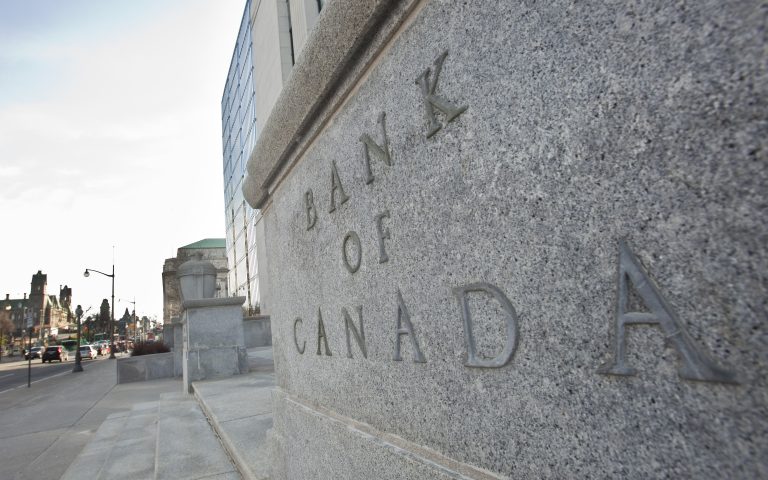The Bank of Canada cannot relax its current rapid pace of rate hikes because it has yet to see evidence that underlying inflation is easing, Governor Tiff Macklem said on Thursday.
The bank has raised its policy rate five times in a row since March to a 14-year high of 3.25 percent and is widely expected to unveil another hike at its next decision on Oct 26.
Macklem, in prepared remarks ahead of a speech to a business group in Halifax, said that while forward-looking indicators suggest that Canada’s economy is starting to slow, labor markets remain tight and demand is still outstripping supply.
“We have yet to see clear evidence that underlying inflation has come down. When combined with still-elevated near-term inflation expectations, the clear implication is that further interest rate increases are warranted,” he said.
“Simply put, there is more to be done. We will need additional information before we consider moving to a more finely balanced decision-by-decision approach.”
Success
You are now signed up for our newsletter
Success
Check your email to complete sign up
Inflation in Canada eased to 7.0 percent in August, with core inflation running at about 5 percent, which Macklem said was too high.
While global inflation might be starting to ease, domestic pressures were not, he added.
“That doesn’t mean higher interest rates are not working, but it will take time,” he said, noting that rate-sensitive sectors like the housing market had begun to cool.
“Going forward, we will be watching our measures of core inflation closely for clear evidence of a turning point in underlying inflation,” he said.
The Canadian dollar was trading 0.7 percent lower at 1.3716 to the greenback, or 72.91 U.S. cents.
The central bank uses three core measures of inflation: CPI-common, CPI-median and CPI-trim. But CPI-common, touted as the best gauge of the economy’s performance, has been subject to steep and regular revisions in recent months.
“CPI-common is becoming more difficult to use in real time because it has been subject to large historical revisions,” Macklem said. “With this in mind … we are reassessing CPI-common.”
By Reuters (Reporting by Julie Gordon and David Ljunggren in Ottawa; Additional reporting by Fergal Smith in Toronto; Editing by Mark Porter)













